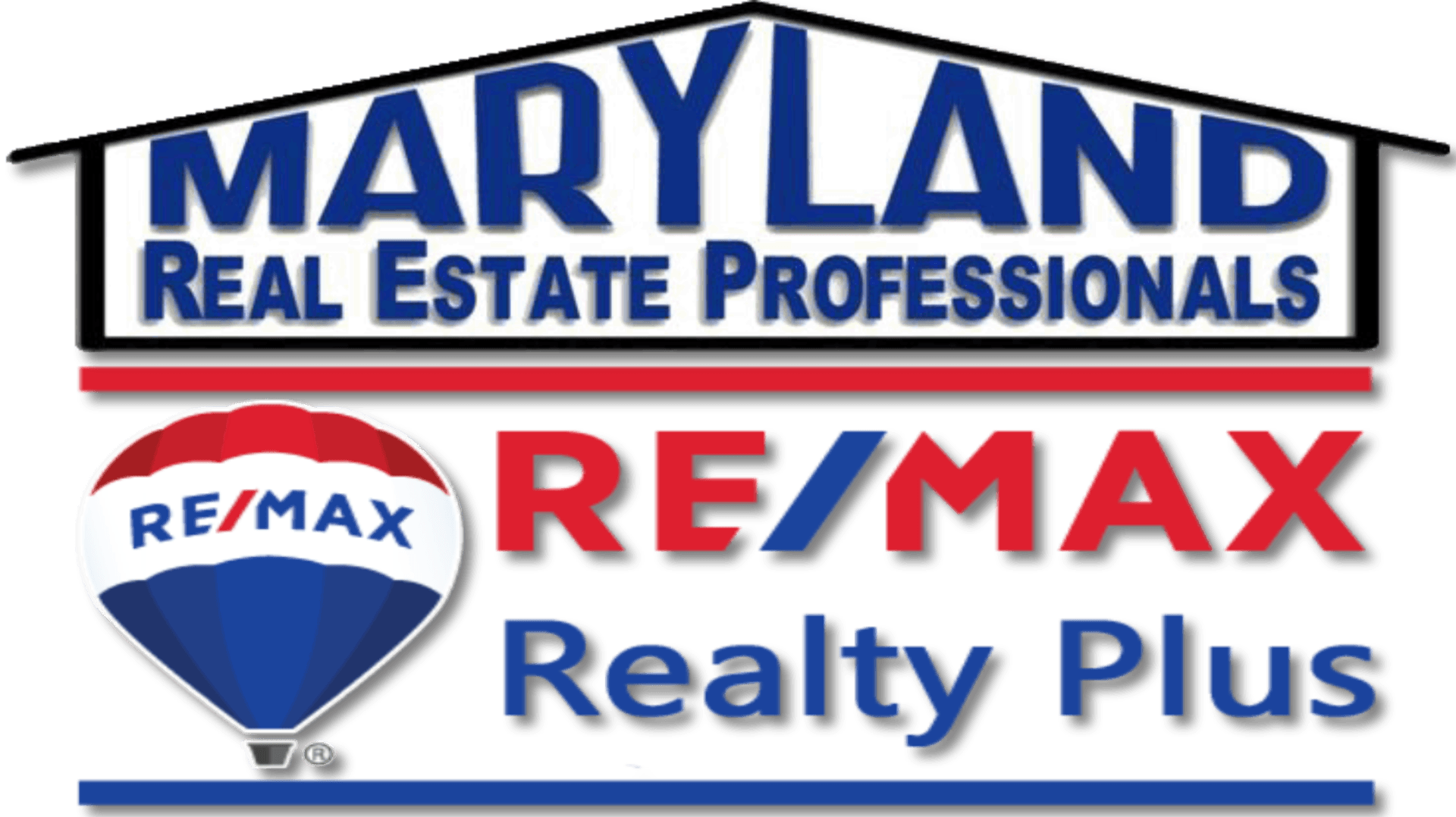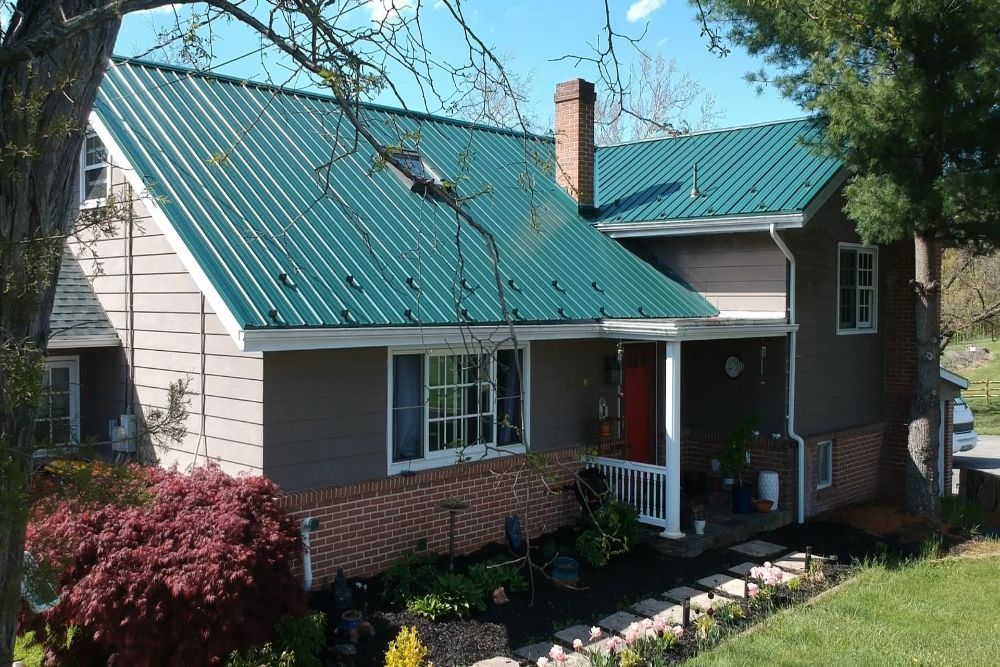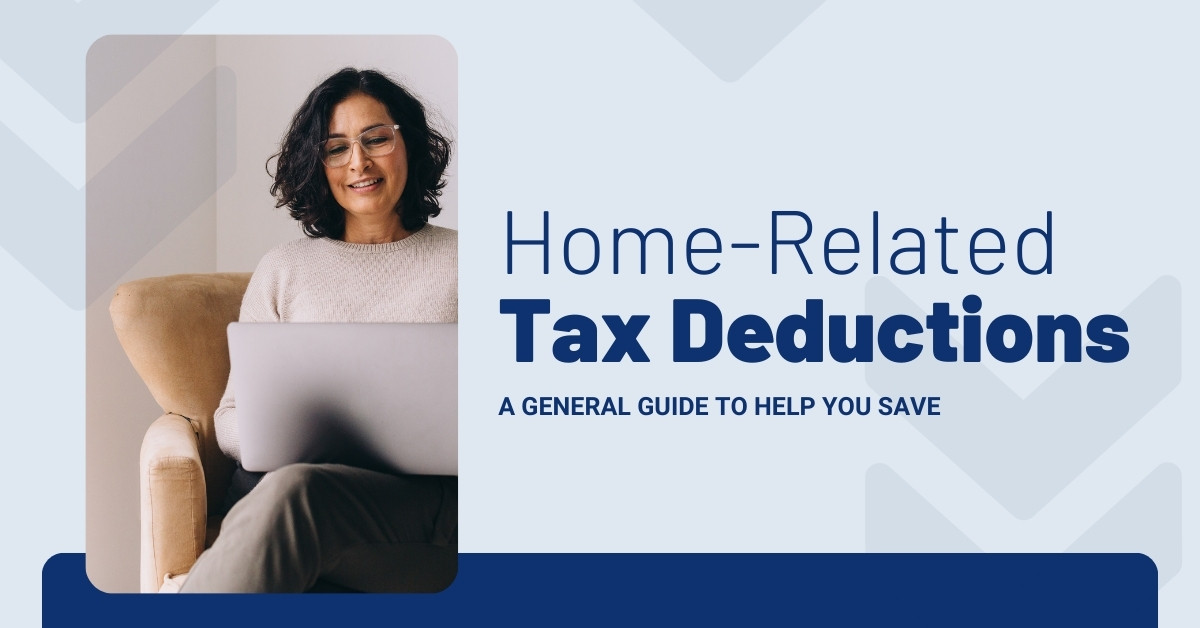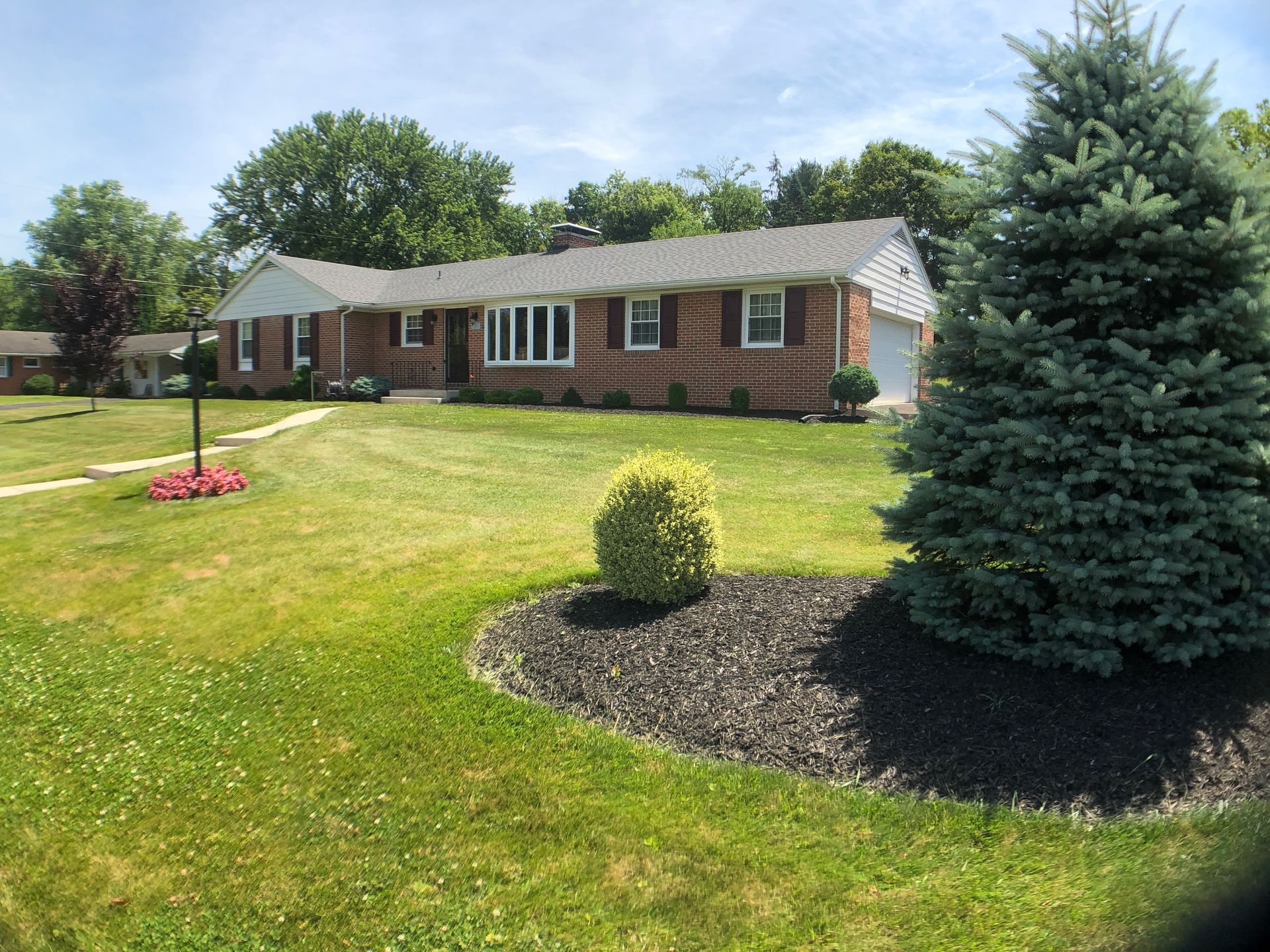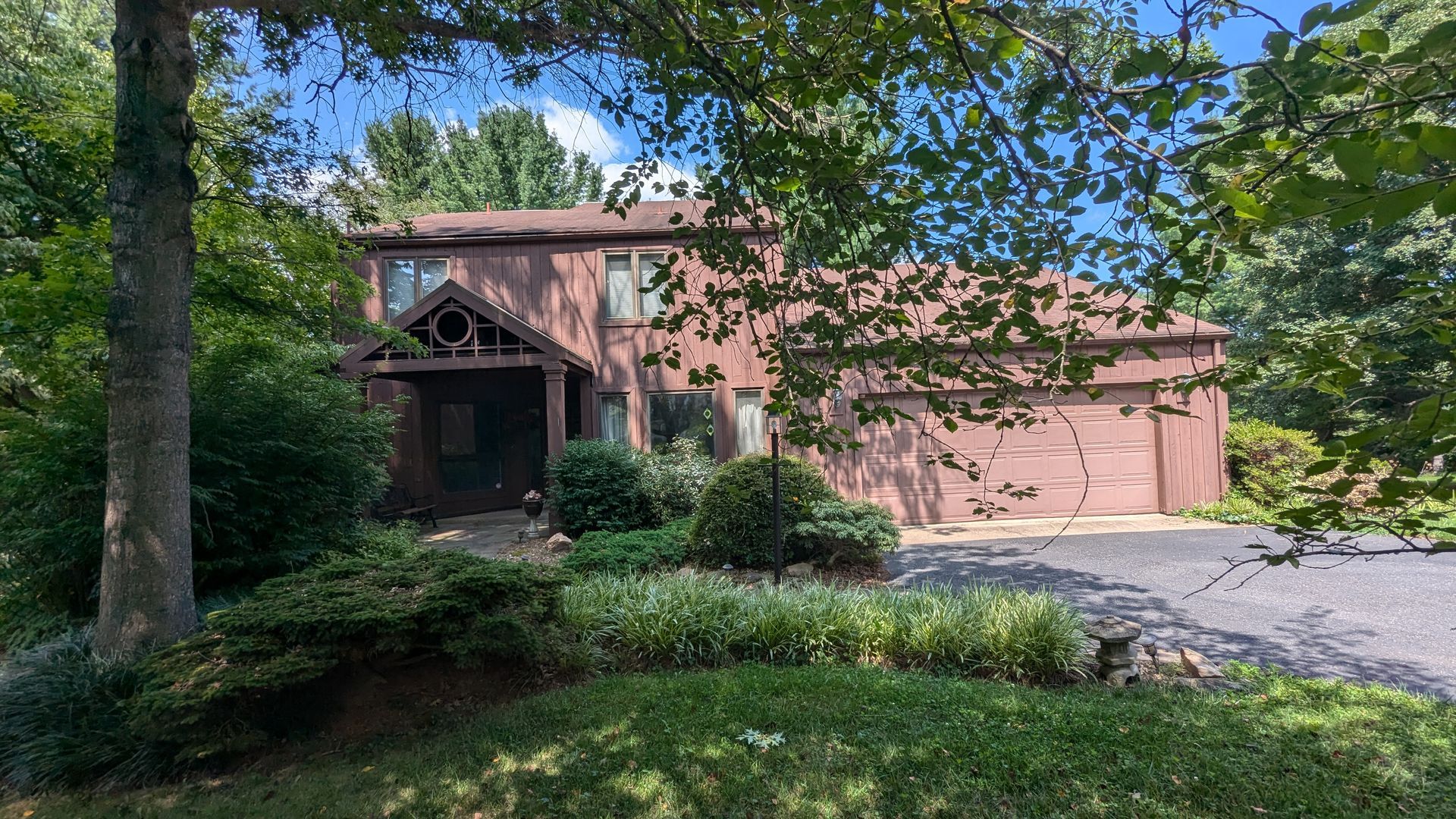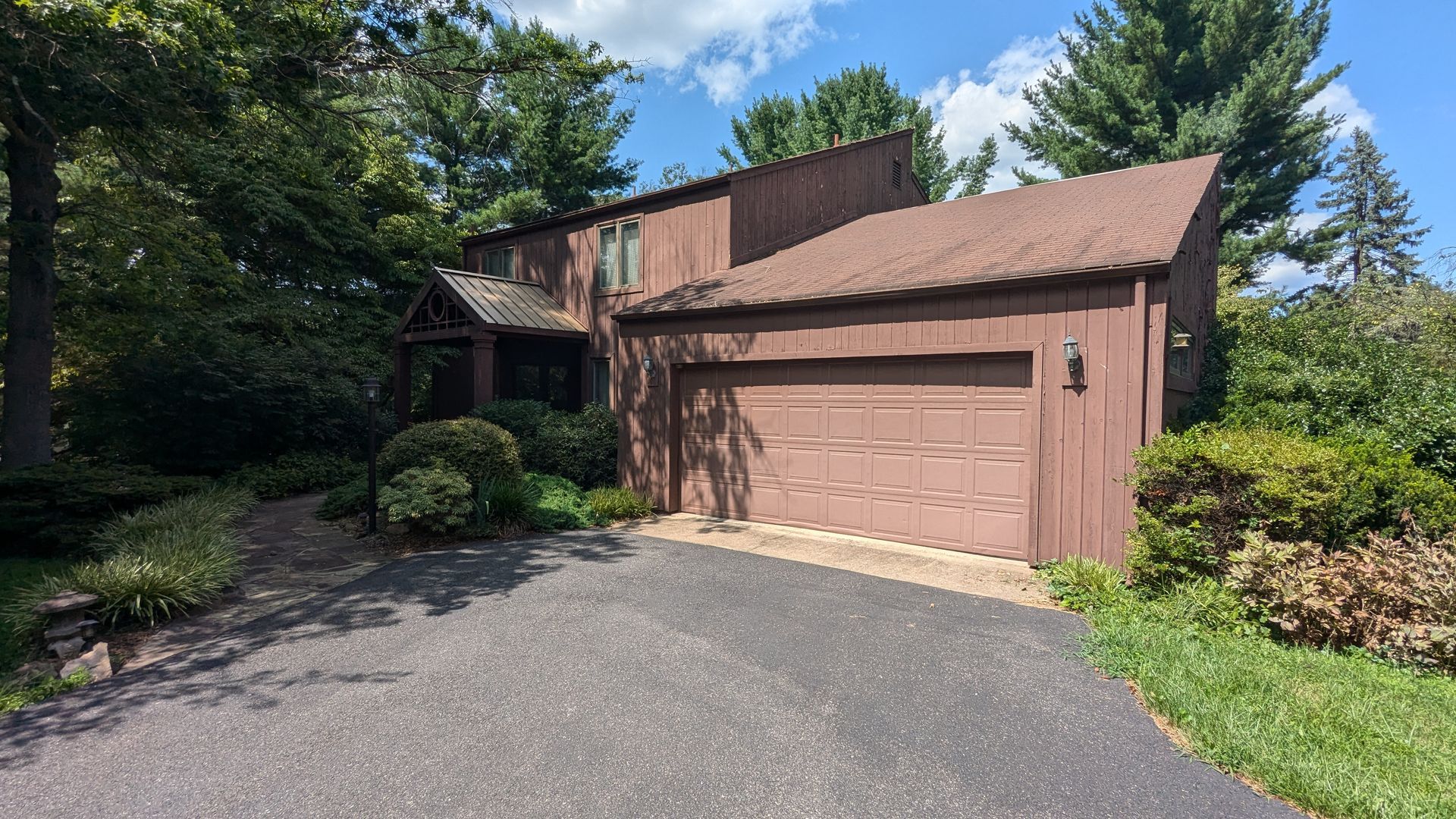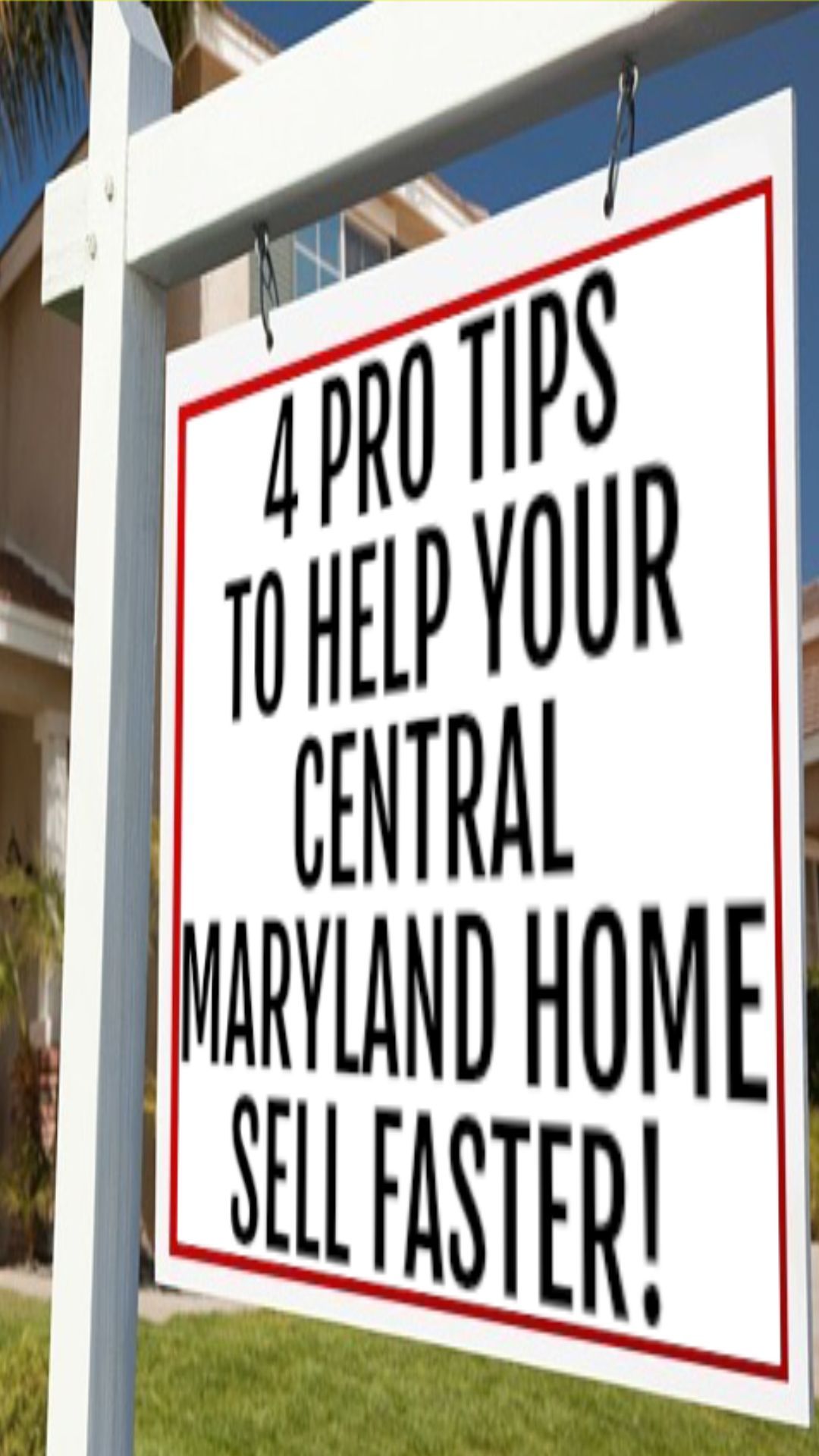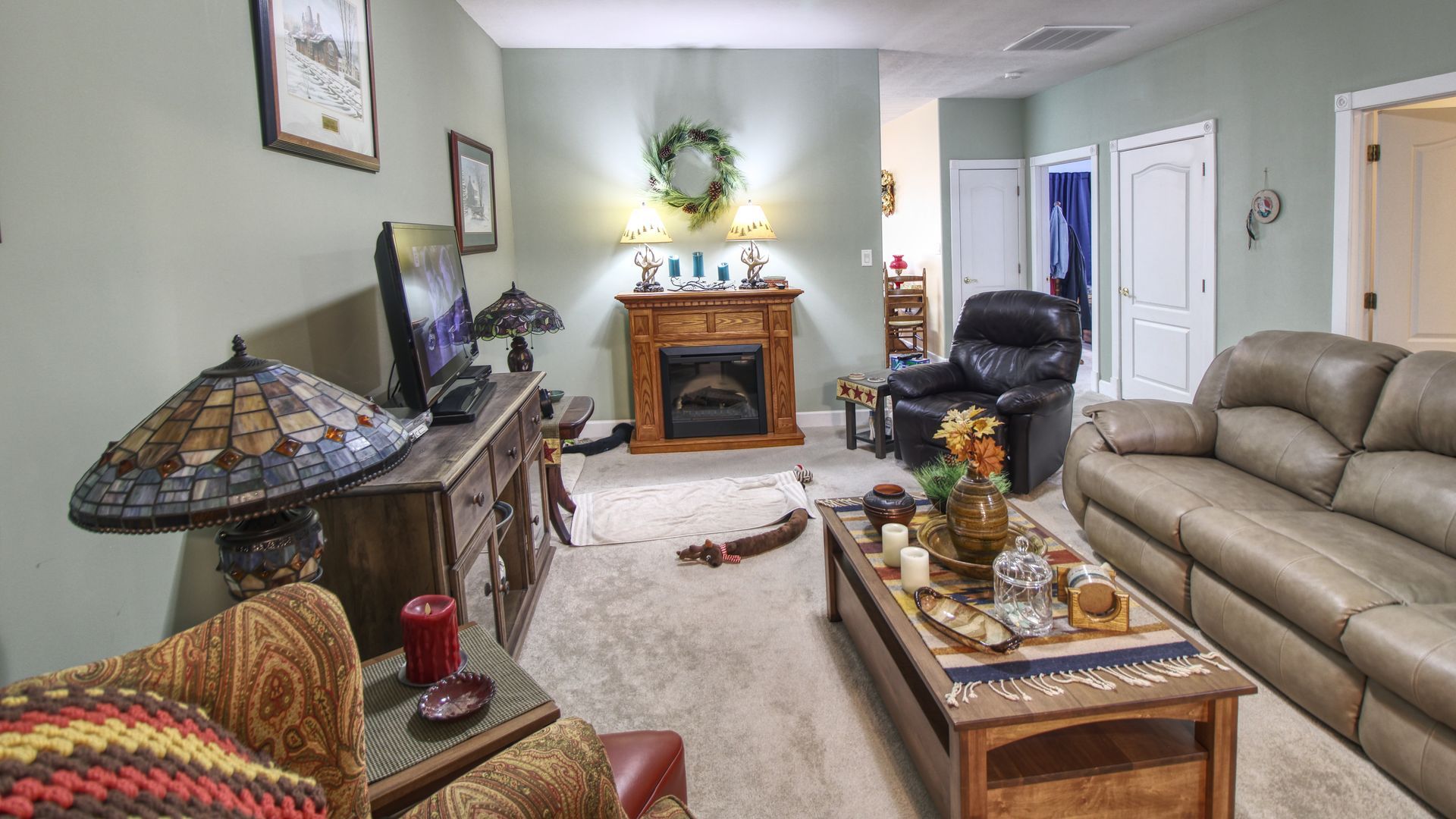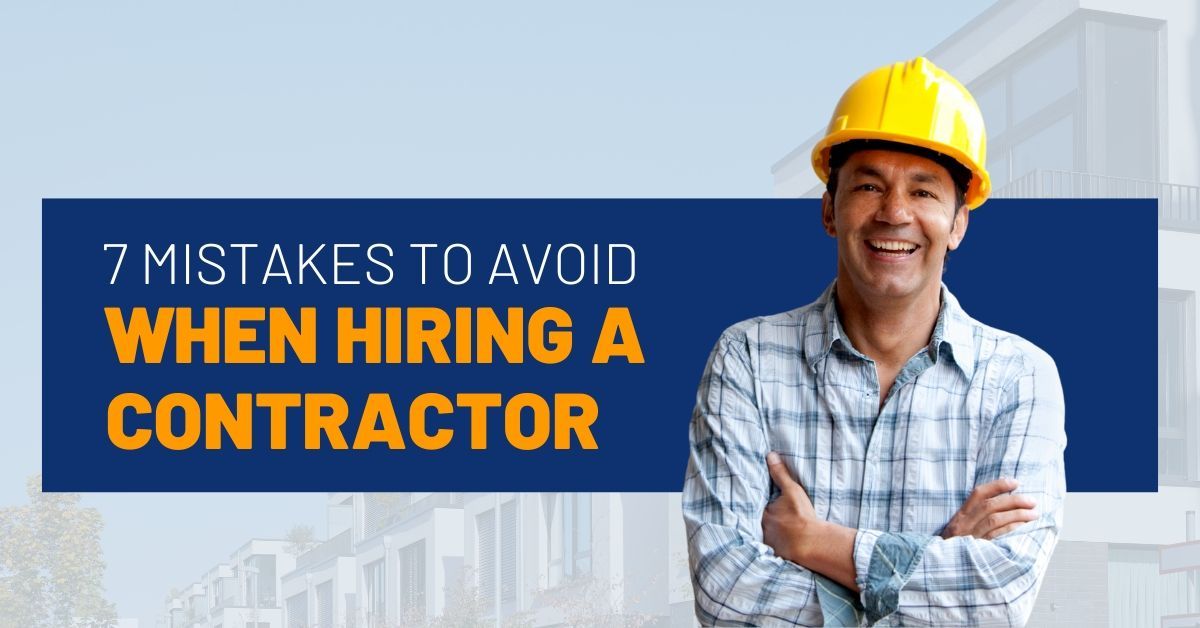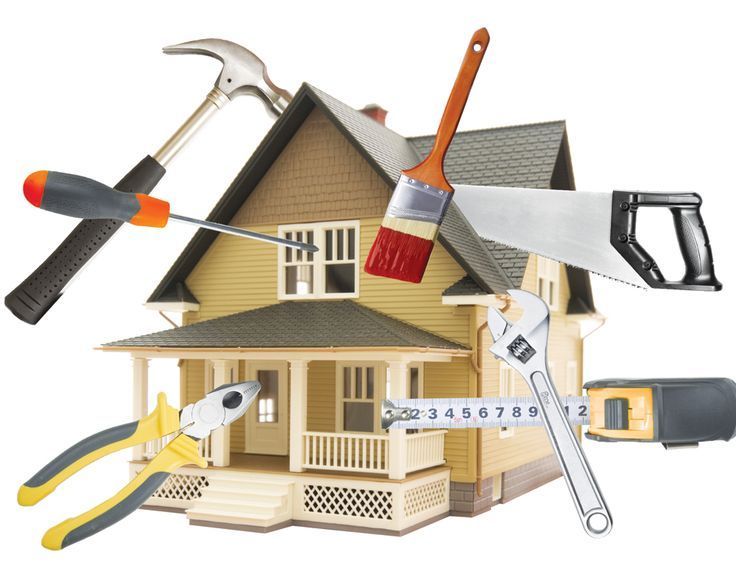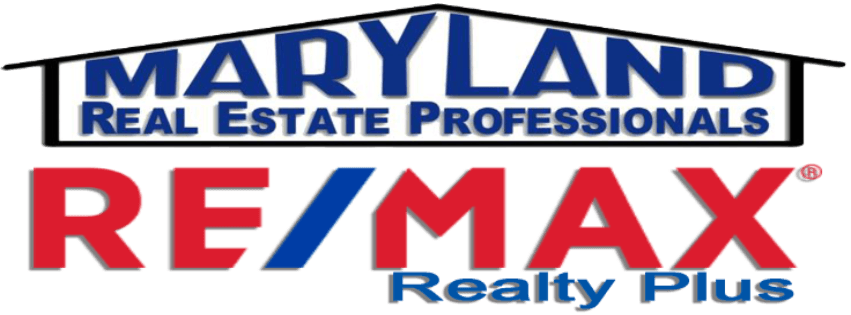Top 4 Factors to Consider When Choosing Your Mortgage
Top 4 Factors to Consider When Choosing Your Mortgage
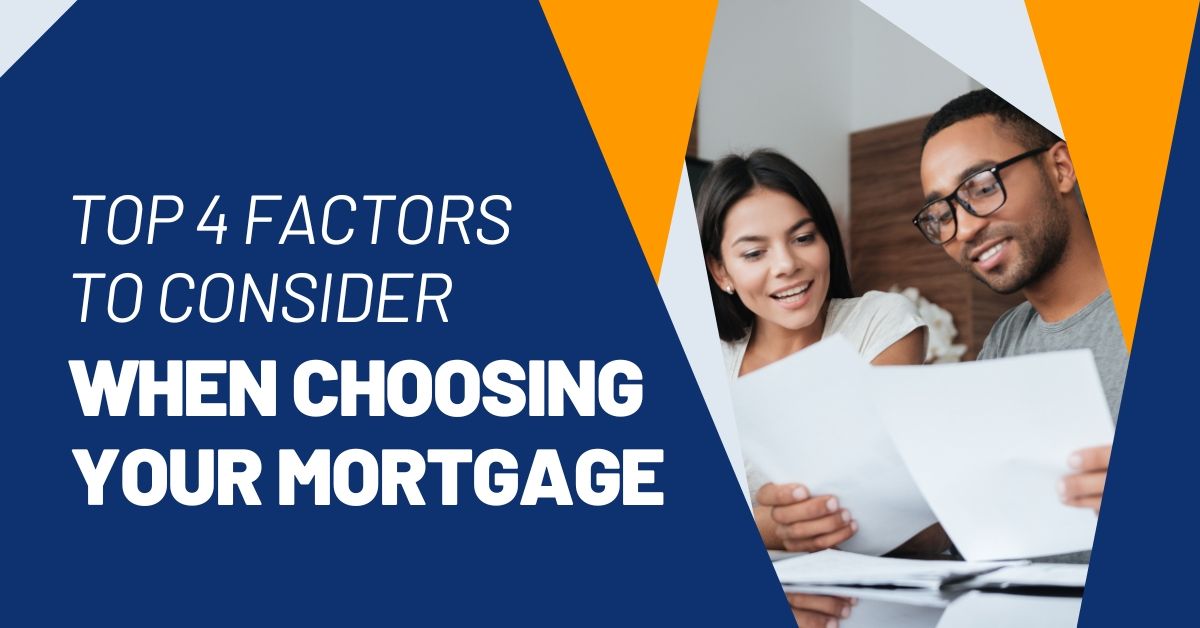
With home prices and rates still relatively high, securing a mortgage can feel daunting––even to the most experienced borrowers. But don't let that deter you: If other homebuyers' experiences are any indication, odds are you'll eventually find a home loan that works well for you.
In fact, most U.S. homeowners say they're satisfied with the mortgage they received, according to a recent Bankrate survey. The vast majority of the surveyed homeowners (69%) said they'd buy their current home again if they had a do-over.1
The key to finding the right home loan for you is to look for one that you’ll feel comfortable with long after you've closed on your new property. In addition to comparing term lengths and mortgage rates, also consider how the loan will fit your daily life and preferences.
For example, we recommend asking yourself questions such as: Are you a natural risk taker, or do you prefer firm plans and predictability? Can you afford a bigger mortgage payment if interest rates increase, or are your anticipated home expenses already stretching your monthly budget?
To help you get started, we've rounded up four of the most important factors to consider when narrowing your list of potential mortgage options.
- Your Credit Score
That three-digit number that credit scoring companies like VantageScore and FICO assign not only influences your interest rate, but it also helps determine the type of mortgage you can get.
To secure a conventional mortgage from a major bank or credit union, you'll typically need a FICO score of at least 620. But some mortgage types require even higher credit scores.2
For example, to qualify for a U.S. Department of Agriculture (USDA) loan to buy a qualifying rural property, you'll need a minimum FICO score of 640. Or, if you're seeking a supersized loan, such as a jumbo mortgage (which are home loans above $766,500 to $1,149,825, depending on where you buy the home), you may need a FICO score of at least 700 or more.2
You still have options, though, if your credit score is lower. You may be able to get a Federal Housing Administration (FHA) loan with a 580 credit score if you have enough cash saved for at least a 3.5% down payment. And if you have at least a 10% down payment, you may qualify even if your score is in the 500 to 579 range. Alternatively, if you're a military service member, veteran or spouse, you may be able to get a U.S. Department of Veterans Affairs (VA) loan with little or no money down with a credit score in the 580 to 620 range.2,3
Some regional banks and credit unions may also be more flexible than others with minimum required credit scores.4 But if you can afford to wait, you may be better off paying down your debt first so your score can improve. The interest you save with a more competitively priced loan could enable you to buy a more desirable home.
- Your Income and Expenses
The amount of money you make, as well as how much you owe, will also influence your mortgage options.
Lenders like to see that you still have plenty of income left over after paying your expenses and generally prefer that you spend no more than 28% of your income on housing, or a maximum of 36% (which is the cap that federally-sponsored lenders Fannie Mae and Freddie Mac advise).5
A mortgage lender will also compare your expected income to the total amount of debt you'll carry once you've bought the home.6 This is called your debt-to-income (DTI) ratio, and lenders consider it a key indicator of whether you can afford a particular mortgage. In fact, research by NerdWallet found that a high DTI ratio is the most common reason mortgage applications get rejected.6
In addition to outstanding debts, lenders factor in other expenses unique to a home, such as property taxes, homeowners insurance, and homeowner association fees. Your approval odds will be higher if you have a DTI ratio below 36%.7 But if you have great credit and ample cash, you may still be able to get a conventional loan with a DTI ratio in the 45% to 50% range.8 If not, you will likely need to look to other “non-conforming” loan types, such as government-backed mortgages.
With a FHA loan, for example, you may be able to get away with a DTI ratio of 43% to 57%, depending on your credit history and savings. Similarly, if you qualify for a VA loan, you may be able to get one with a DTI ratio of 41% or more. USDA loans, on the other hand, are a bit stricter. To get approved, your DTI ratio can't be higher than 41% and your income must be below a certain threshold for your family type.6
- Your Expected Down Payment
The size of your down payment will also impact the type of mortgage you can get. You don't have to put down 20% to qualify for a conventional mortgage, but you will need a significant amount. According to the National Association of Realtors, the median down payment amount in 2023 was 14%. For younger buyers under the age of 33, it was 8%.9
In some cases, a larger down payment may also help you qualify for loans you might not otherwise. For example, it can be tough to get a mortgage when you're self-employed. But some conventional lenders may be willing to work with you if you put down more than 20%.10
If your cash reserves are slim, then you may want to consider an FHA loan instead, which only requires 3.5% down.11 Or, if you qualify for a USDA or VA loan, you may be able to skip the down payment altogether and buy your home with no money down except for a small funding fee.11
Keep in mind, though, that a smaller down payment will likely mean a larger monthly payment. Plus, you'll not only pay more interest overall and be responsible for a larger principal, you'll also need to take out mortgage insurance. Conventional loans require private mortgage insurance (PMI) if your down payment is below 20%, while FHA loans always require insurance.12
How much you spend on mortgage insurance will also vary, depending on the size and type of loan you choose, as well as your credit score and other factors. For example, FHA mortgage insurance premiums (MIPs) are generally more expensive than PMI and also require an upfront payment at closing on top of annual premiums.12 Insurance for adjustable rate mortgages (ARMs) also tends to be on the higher side.13
- Your Lifestyle and Risk Tolerance
In addition to your budget, one of the most important factors to consider when comparing mortgage options is your temperament.
For most Americans, a mortgage is a decades-long commitment. So it's important to find one you can happily live with—and comfortably repay—for the long haul.
Most fixed rate mortgages, for example, are designed to last anywhere from 15 years to three decades or more, with 30-year mortgages being the most popular option.14 When you spread out your repayment over such a long period, monthly payment amounts are smaller, so you can slowly chip away at your debt at a leisurely pace. The catch is you also pay more in interest.
With a shorter mortgage term, by contrast, you pay less overall. But your monthly payment amount will also be much higher.15 For some homeowners, the long-term savings are worth it. But if keeping up with your mortgage requires significant lifestyle adjustments, then you may come to regret it.
Another way to lower your monthly payment in the short term is to choose an adjustable-rate mortgage (ARM) that offers a low fixed APR for a lengthy period (typically five, seven or 10 years) before changing to a variable rate.16 This can be an especially useful loan type if you only plan to stay in the home for a relatively short period. But buyer beware: ARMs can be risky if you don't plan ahead for a higher interest rate.17
BOTTOMLINE
Regardless of the loan you choose, it pays to shop around and carefully compare terms. According to research by LendingTree, most homebuyers risk leaving money on the table by sticking with the first lender that they meet.18
Fortunately, we have a vetted list of mortgage professionals who can explain your options, answer your questions, and help you find the best loan to meet your needs. We can also develop a custom plan for securing a great home that fits your budget. Reach out when you're ready to get started.
The above references an opinion and is for informational purposes only. It is not intended to be financial, legal, or tax advice. Consult the appropriate professionals for advice regarding your individual needs.
Sources:
1. Bankrate -
https://www.bankrate.com/mortgages/home-affordability-report/
2. Bankrate -
https://www.bankrate.com/real-estate/what-credit-score-do-you-need-to-buy-a-house/
3. U.S. News & World Report - https://money.usnews.com/loans/mortgages/va-loans
4. Newsweek -
https://www.newsweek.com/vault/mortgages/bank-vs-credit-union-for-mortgages/
5. Bloomberg - https://www.bloomberg.com/news/articles/2024-05-17/how-much-income-do-you-spend-budget-for-home-mortgage-in-us
6. NerdWallet -
https://www.nerdwallet.com/article/mortgages/debt-income-ratio-mortgage
7. Bankrate -
https://www.bankrate.com/mortgages/why-debt-to-income-matters-in-mortgages/
8. Bankrate -
https://www.bankrate.com/mortgages/how-interest-rates-are-set/
9. National Association of Realtors - https://www.nar.realtor/sites/default/files/documents/2023-home-buyers-and-sellers-generational-trends-report-03-28-2023.pdf
10. Bankrate -
https://www.bankrate.com/mortgages/self-employed-how-to-get-a-mortgage/
11. Bankrate -
https://www.bankrate.com/mortgages/no-down-payment-mortgage/
12. CFPB - https://www.consumerfinance.gov/ask-cfpb/what-is-mortgage-insurance-and-how-does-it-work-en-1953/
13. Bankrate - https://www.bankrate.com/mortgages/basics-of-private-mortgage-insurance-pmi/
14. MPA Magazine - https://www.mpamag.com/us/mortgage-industry/guides/the-7-most-popular-types-of-mortgage-loans-for-home-buyers/255499
15. Investopedia - https://www.investopedia.com/articles/personal-finance/042015/comparison-30year-vs-15year-mortgage.asp
16. NerdWallet -
https://www.nerdwallet.com/article/mortgages/adjustable-rate-mortgage-arm
17. Federal Reserve Bank of St. Louis - https://www.stlouisfed.org/on-the-economy/2024/feb/which-households-prefer-arms-fixed-rate-mortgages
18. LendingTree -
https://www.lendingtree.com/home/mortgage/shopping-around-survey/
